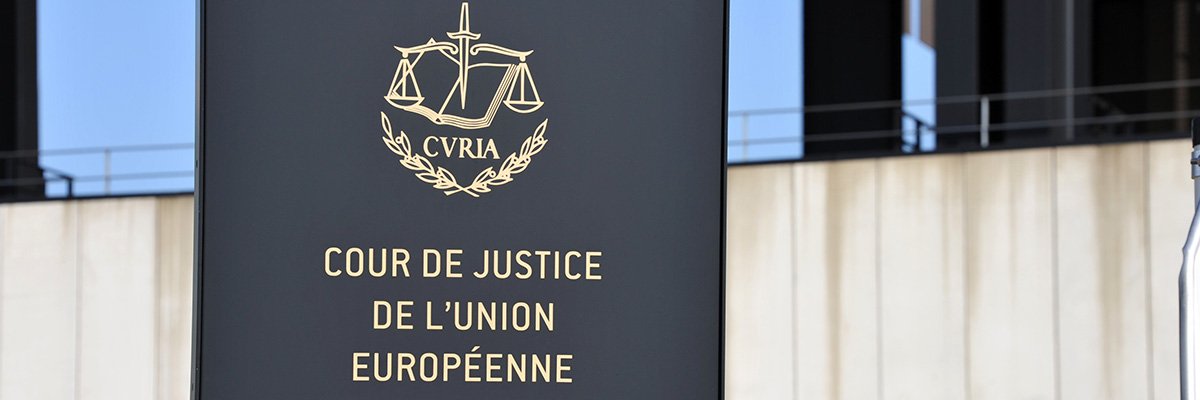**The European Offensive Against Encrypted Phone Evidence**
The world of international crime has been shaken by a series of dramatic events over the past four years. The use of encrypted phones, such as SkyECC and EncroChat, has become increasingly popular among criminals seeking secure communication channels. However, law enforcement agencies have not been far behind, employing advanced techniques to intercept and crack these encrypted messages.
But what initially appeared to be a decisive blow against organized crime is slowly unraveling into a legal minefield. As more cases come to light, defendants and their lawyers are demanding transparency about how the data was obtained, leading to a growing number of judges across Europe refusing to accept evidence gathered through these methods.
At the heart of this controversy lies the technology itself – asymmetric cryptography, which relies on public keys for encryption and private keys for decryption. This makes remote interception or cracking virtually impossible unless the keys are intercepted or the network is hacked. And that's exactly what happened in major police operations between 2019-2021.
French and Dutch authorities developed a sophisticated technique to inject malware into users' devices, stealing their cryptographic keys in the process. This resulted in the seizure of millions of messages, which were then shared with other European countries through European Investigation Orders (EIOs). However, this may have been a temporary advantage for law enforcement – as more cases come to light, it becomes increasingly clear that the tide is turning.
**The Turning Point: French Court Rulings**
On June 17th, 2025, France's highest court, the Cour de Cassation, delivered two landmark judgments. The first ruled that intercepting or hacking phones located within an EU Member State without notification or consent is unlawful – even if the interception runs through French servers and the phone is temporarily outside France.
This judgment aligns with an earlier ruling by the Court of Justice of the European Union (CJEU) on April 30th, 2024. In this case, the CJEU emphasized that Article 31 of Directive 2014/41 protects not only states but also individual users' rights. The focus is on defense rights, not diplomatic courtesies.
More explosively, on September 16th, 2025, the Cour de Cassation stayed proceedings and referred preliminary questions to the CJEU. At stake: does the use of SkyECC or EncroChat data in other EU countries provide sufficient safeguards for defense rights? Can the legality of source collection be left entirely to France via EIOs, without access to raw data or procedure being granted to defense?
**Judgments from Across Europe**
Italy and Spain have also delivered striking judgments. In Italy, the Tribunale di Imperia excluded the entire EncroChat dataset as evidence due to French state secrecy surrounding parsing – a process by which raw data are converted into readable messages. This makes verification of completeness, integrity, and absence of contamination impossible.
In Spain, the Audiencia Provincial de Valencia acquitted all 14 defendants in a major cocaine case after excluding SkyECC evidence – the only substantial proof. The defense was unable to conduct its own investigation or counter-expertise due to lack of access to raw data.
**The Swiss High Court's Ruling**
On August 15th, 2025, the Obergericht des Kantons Zürich in Switzerland fully excluded SkyECC data as evidence. Reason: a blatant violation of the territoriality principle. French authorities used a technique developed in the Netherlands to intercept private keys directly from phones on Swiss territory via invisible push notifications.
**The European Court of Human Rights Weighs In**
On November 17th, 2025, the European Court of Human Rights (ECtHR) communicated questions in an EncroChat case. The ECtHR asks whether this constitutes an unlawful interference with private life (Article 8 ECHR) and whether the defendant received a fair trial (Article 6 ECHR). This potentially groundbreaking case law could have far-reaching implications for the use of encrypted phone evidence across Europe.
**The Future of Encrypted Phone Evidence**
As judges, courts, and international bodies continue to grapple with these complex issues, one thing is clear: the era of blind trust in foreign assertions is coming to an end. The defense rights of suspects must be safeguarded, and the transparency of source collection methods must be ensured.
The use of encrypted phones may have been a temporary advantage for law enforcement – but it has also become a liability. As more cases are exposed, the tide is turning in favor of defendants' rights to scrutiny and verification of evidence. Will this lead to a reevaluation of the European Union's stance on state secrecy, digital evidence, and individual rights?
Only time will tell, but one thing is certain – the world of international crime has become a much more complicated place.
